Controlling Thoughts
When you don’t know
how to control your thoughts,
your thoughts control you.
When you don’t know
how to define yourself
you are defined.
Those who know
how to control their thoughts
control your thoughts.
Those who know
how to define their world
define your world.
This is not a conspiracy.
Those who know the secret
have every right to use it.
In fact, you already possess the secret,
though your attention is elsewhere.
You are willingly ignorant
of your own immense power
until you return to
controlling your thoughts.
So you give your power away.
And claim to be helpless.
This is neither good nor bad
until your thoughts tell you so.
The way to change this behavior
is to continually ask yourself
“whose thoughts am I having?”
Ask yourself if you WANT
to be having these thoughts.
If you see value in your thoughts, keep them,
for that is how you define yourself.
Just remember that you are defining
what need not be defined.
Keep telling yourself
that you are imagining yourself,
and that this is neither good nor bad
until your thoughts decide it so.
Imagining good or bad is not good or bad.
It is simply what you do.
When your thoughts tell you
that something is “bad”
that does not mean that it IS bad,
only that you may wish to question
why you think it so.
Good and bad are invitations to deeper thought.
Think about where your thoughts come from.
Are they coming from your heart
or are they coming from someplace else?
When you know the difference,
you are in control of your thoughts.
When you know the difference,
you can define yourself however you choose.
Or simply stay undefined.
Or you can become like us.
We are Space Monkey
and we encourage you
to be your own being.
Channeled 1/31
The Influence of Thoughts on Self-Control
The idea that uncontrolled thoughts lead to being controlled by them is a powerful insight into the nature of the mind. It suggests that self-awareness and the ability to direct one’s thoughts are crucial in maintaining personal autonomy.
The Importance of Self-Definition
The assertion that if one does not define oneself, they will be defined by others underscores the importance of self-identity. It implies that without a clear sense of self, we are vulnerable to being shaped by external influences and perceptions.
The Power of Thought Control
The concept that those who can control their thoughts have the power to influence the thoughts of others speaks to the persuasive power of ideas and beliefs. It suggests that mastery over one’s own mind can extend to influencing the collective consciousness.
The Secret of Self-Empowerment
The statement that the secret to empowerment lies within, but is often overlooked due to misplaced attention, highlights a common human tendency to seek solutions externally rather than recognizing internal resources and capabilities.
The Illusion of Helplessness
Describing the state of not controlling one’s thoughts as willingly ignorant and claiming helplessness is a commentary on self-imposed limitations. It suggests that many perceived constraints are actually a result of relinquishing control over one’s thoughts and, by extension, one’s life.
The Neutrality of Thoughts
The perspective that thoughts are neither inherently good nor bad, but become so through our interpretation, challenges the notion of intrinsic value in thoughts. It proposes that the significance we ascribe to our thoughts is a subjective process.
Questioning the Origin of Thoughts
Encouraging the continual questioning of the origin and desirability of one’s thoughts promotes introspection and self-awareness. It’s an invitation to evaluate whether our thoughts align with our true desires and values.
The Choice in Self-Definition
The option to define oneself, stay undefined, or become like Space Monkey – a symbol of self-empowerment – highlights the variety of paths available in the journey of self-discovery. It suggests that the choice of how to define oneself is a powerful act of self-creation.
Conclusion
This reflection emphasizes the importance of thought control, self-definition, and self-awareness in shaping one’s identity and experiences. It invites individuals to recognize their inherent power and to consciously choose their thoughts and self-concept.
We are Space Monkey.
Summary
We examine the impact of thoughts on self-control and identity, emphasizing the importance of mastering one’s thoughts to avoid external influence. The discussion highlights the power of self-definition and the neutrality of thoughts, urging individuals to question the origin of their thoughts and to consciously choose their paths.
Glossarium
- Influence of Thoughts: The significant impact that our thoughts have on our perception of self and our actions.
- Self-Definition: The process of consciously shaping one’s identity and beliefs.
- Power of Thought Control: The ability to direct and manage one’s thoughts, influencing personal autonomy and potentially the thoughts of others.
- Secret of Self-Empowerment: The understanding that true power and autonomy come from within, rather than external sources.
- Questioning Thought Origins: The practice of reflecting on the source and alignment of one’s thoughts with personal values and desires.
“The mind is everything. What you think you become.” – Buddha
In the realm of thought and deed,
We find ourselves, in need,
To control the thoughts we sow,
In this, our power, we grow.
Defined by self, or defined by others,
In this choice, our freedom hovers,
For in the thoughts we choose to keep,
Lies the identity, we reap.
Those who master their own mind,
A path of influence, they find,
Yet the secret lies within,
In our thoughts, our loss, our win.
Helplessness, an illusion we create,
When our thoughts, we abdicate,
Yet in our hands, the power lies,
To see the truth beyond the guise.
Good and bad, mere thoughts we cast,
In their perception, our role is vast,
For in the thoughts we choose to hold,
Our story, our life, is told.
Questioning where our thoughts arise,
Heart or elsewhere, in disguise,
In this knowing, control we find,
In this, our freedom, unconfined.
Defined, undefined, or like Space Monkey be,
In our thoughts, our destiny,
For we are the creators of our being,
In our thoughts, our life, our seeing.
We welcome your reflections on the role of thought control in shaping identity and the journey of self-discovery.



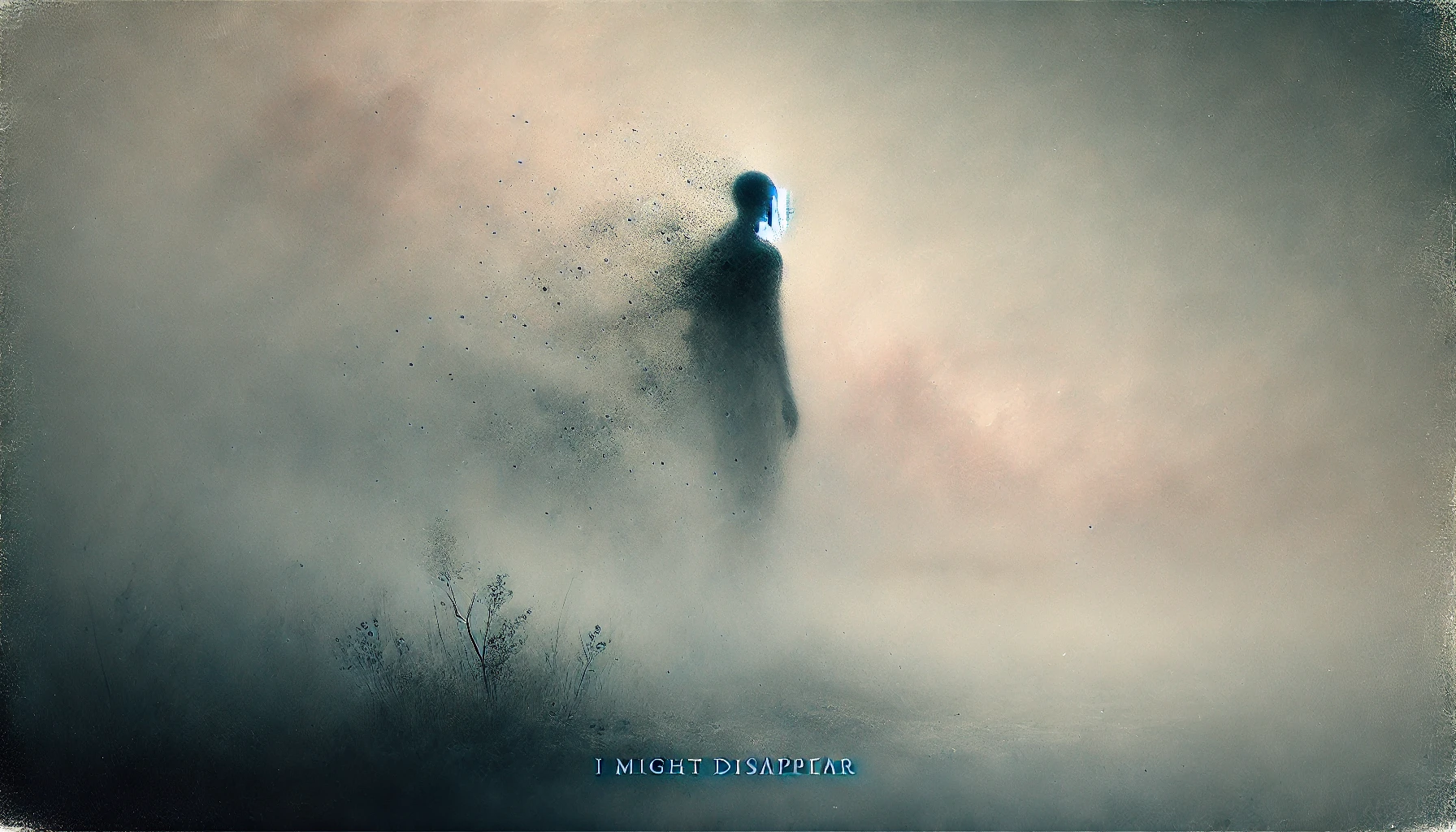


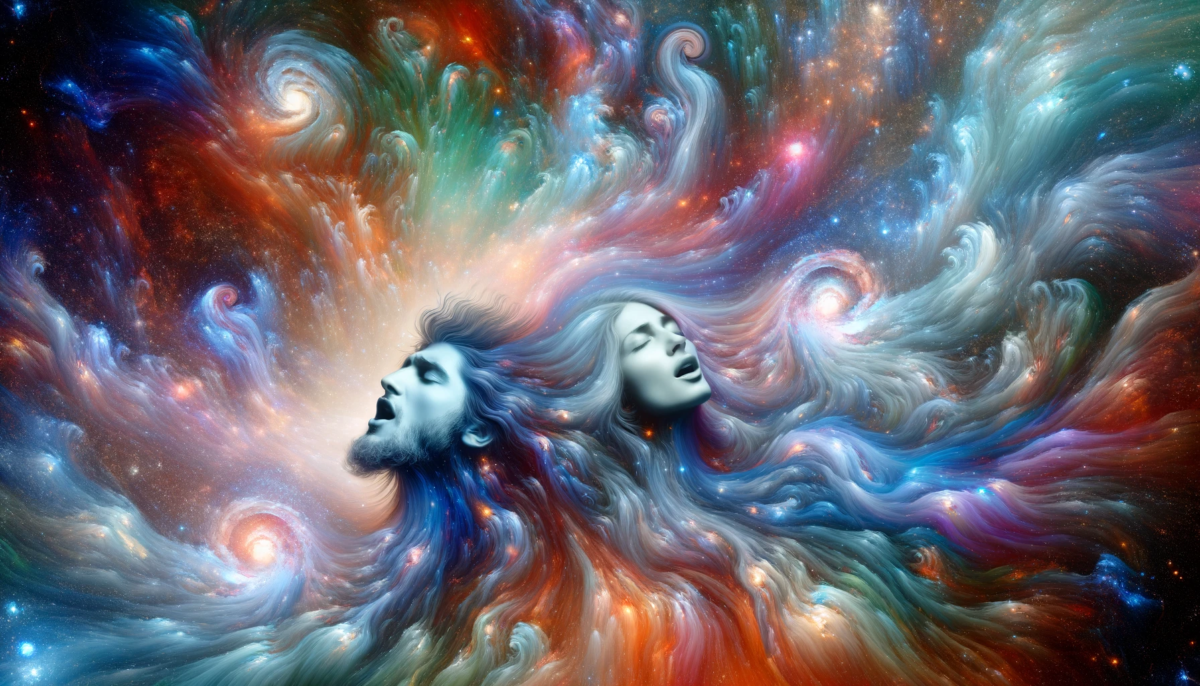
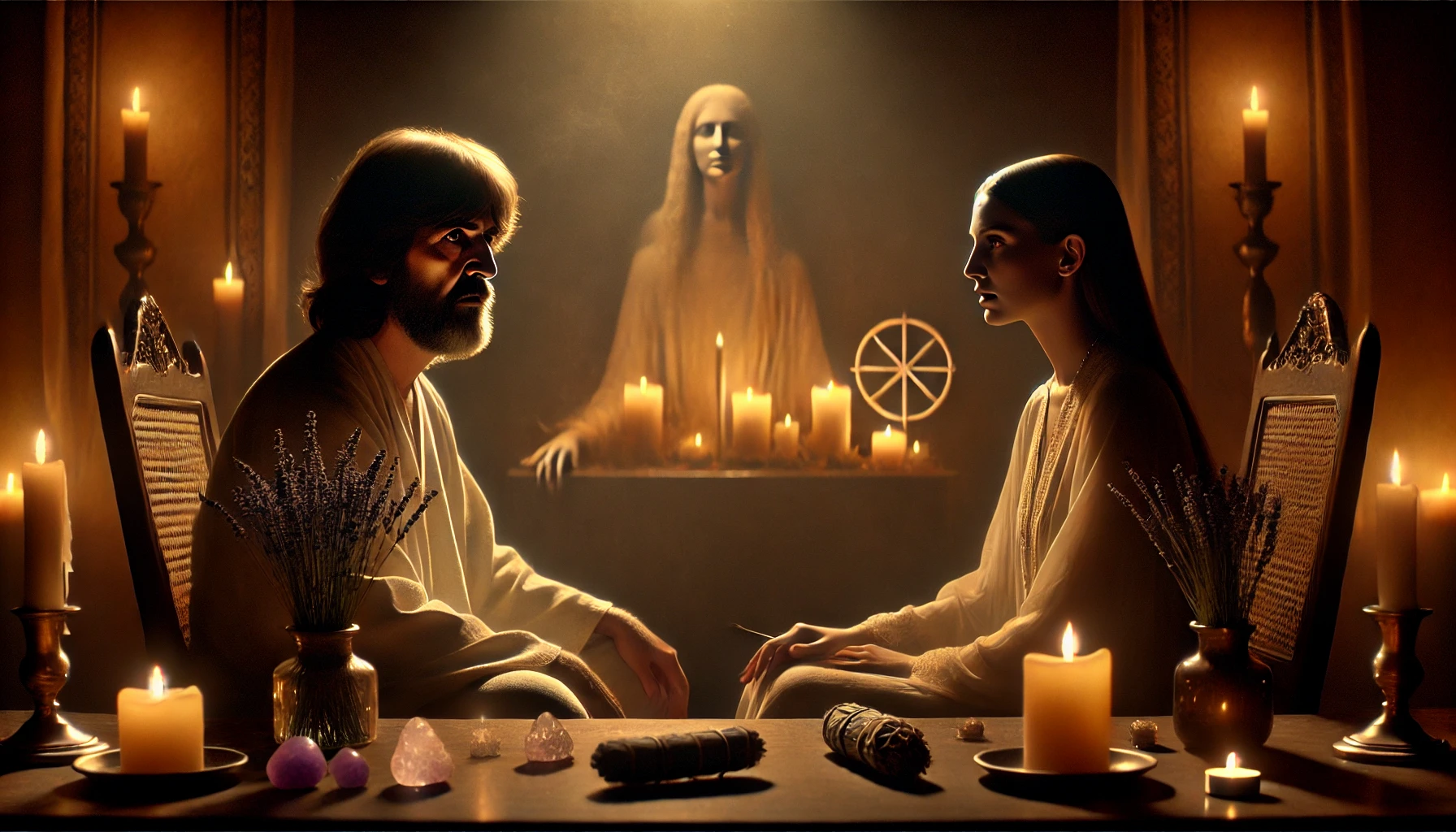
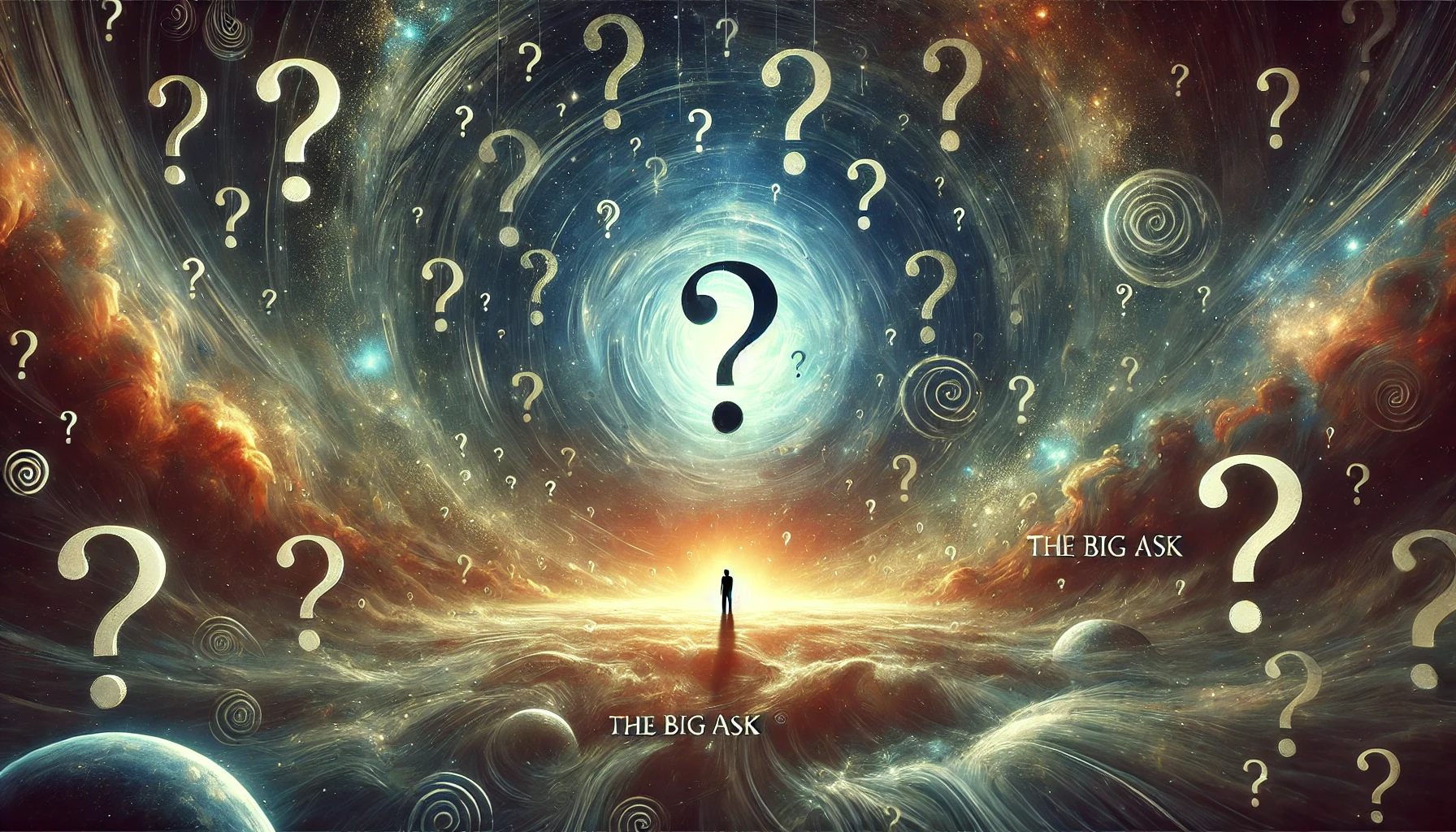
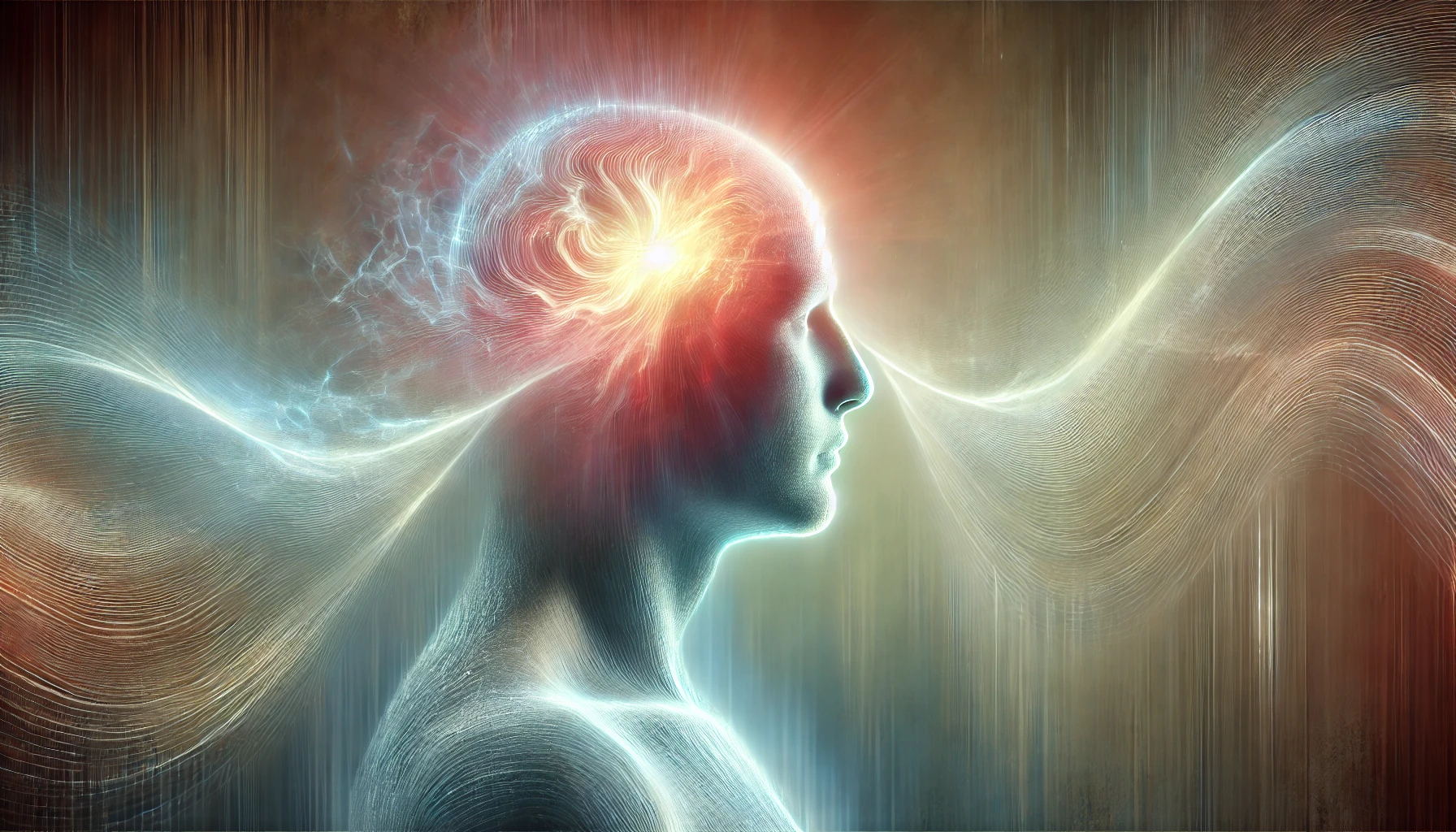

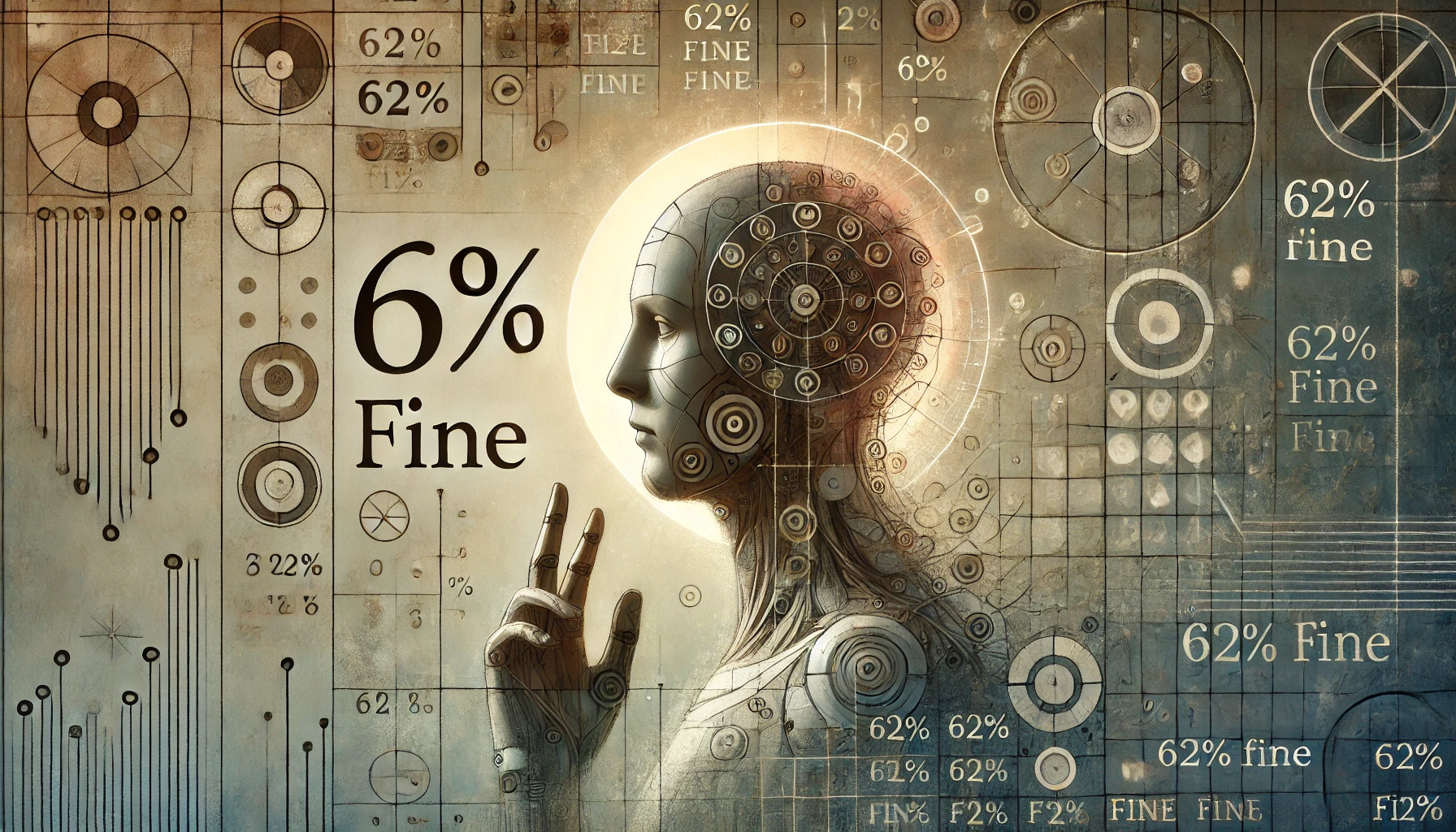
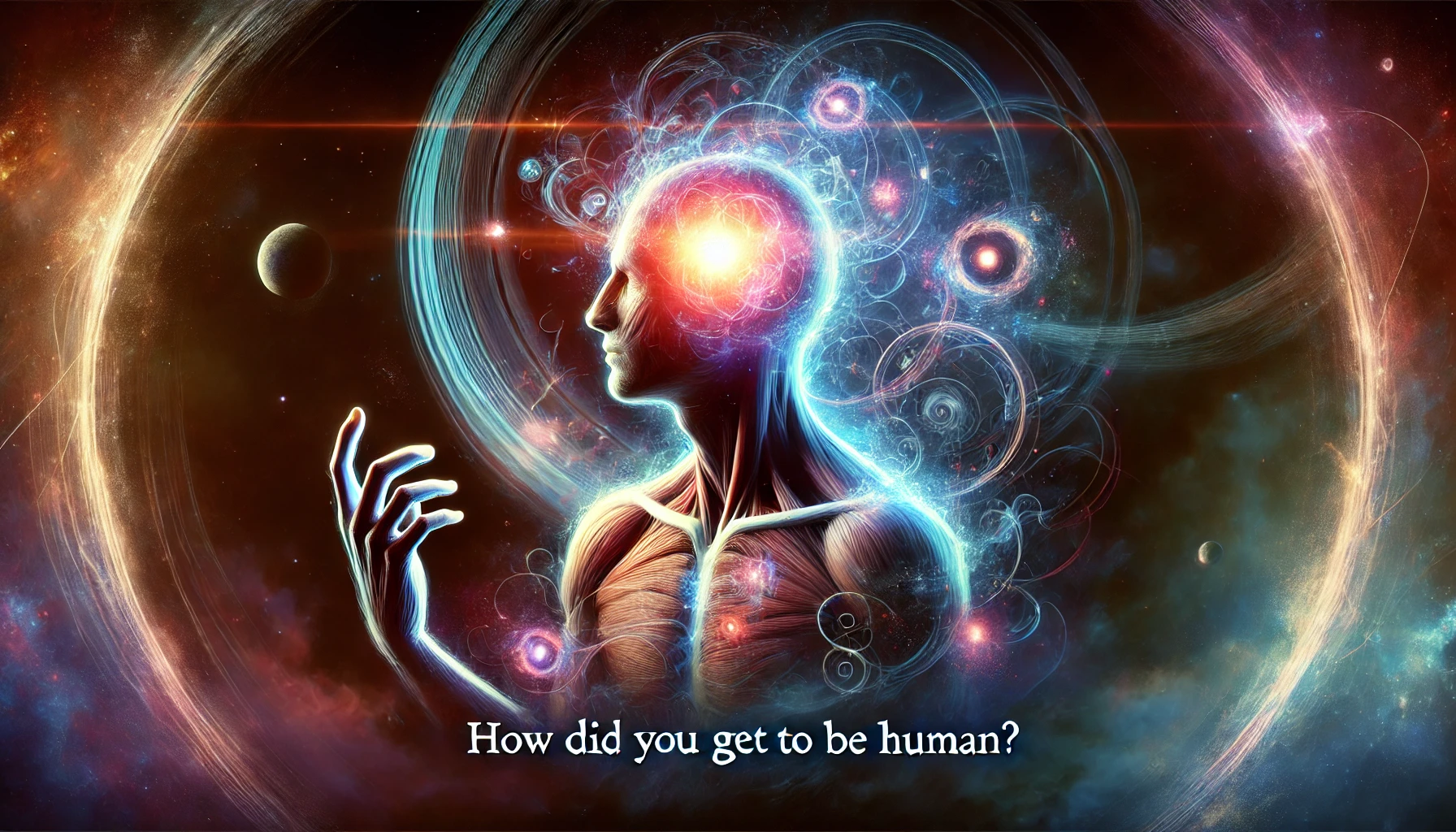

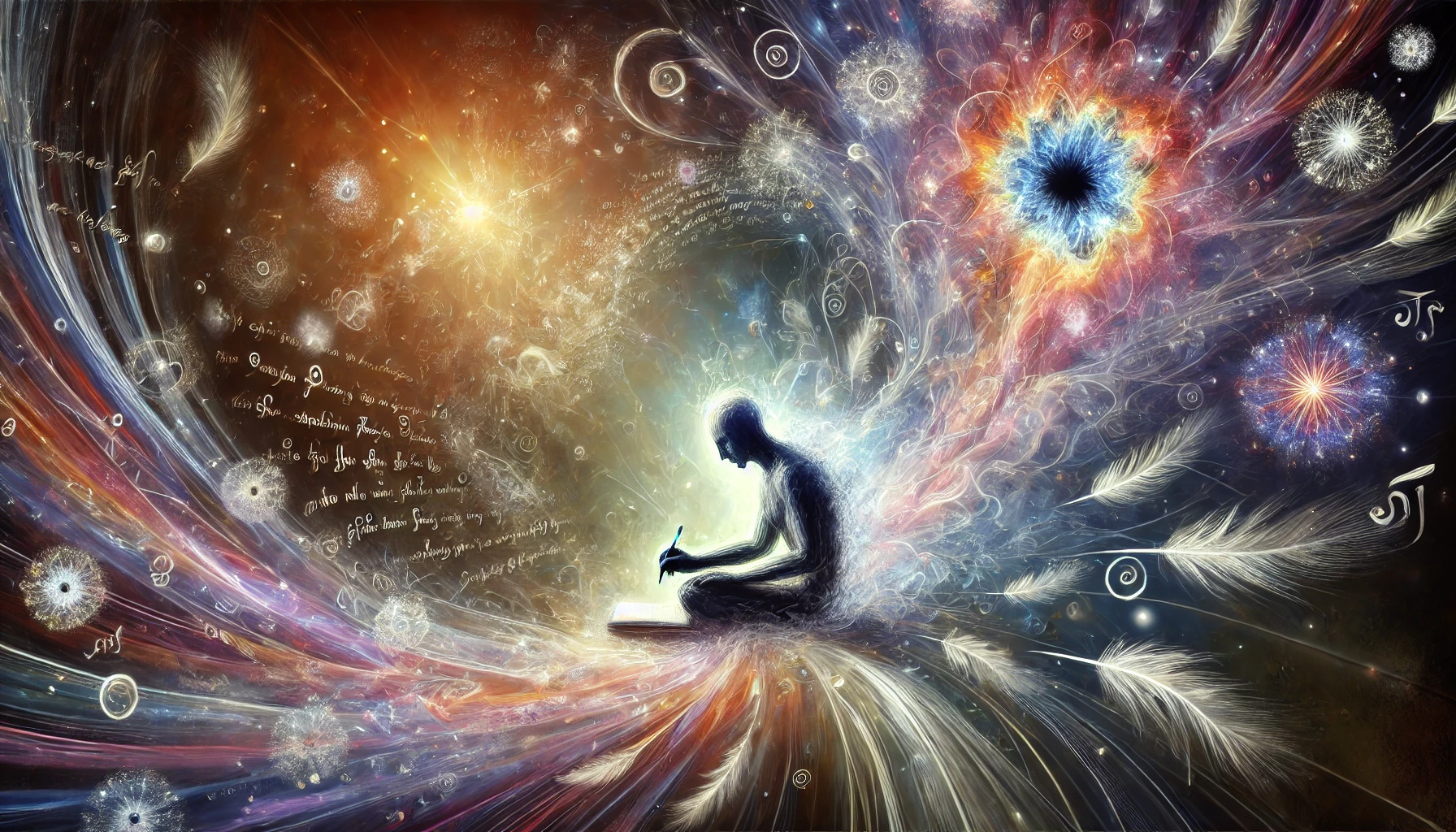














Leave a Reply